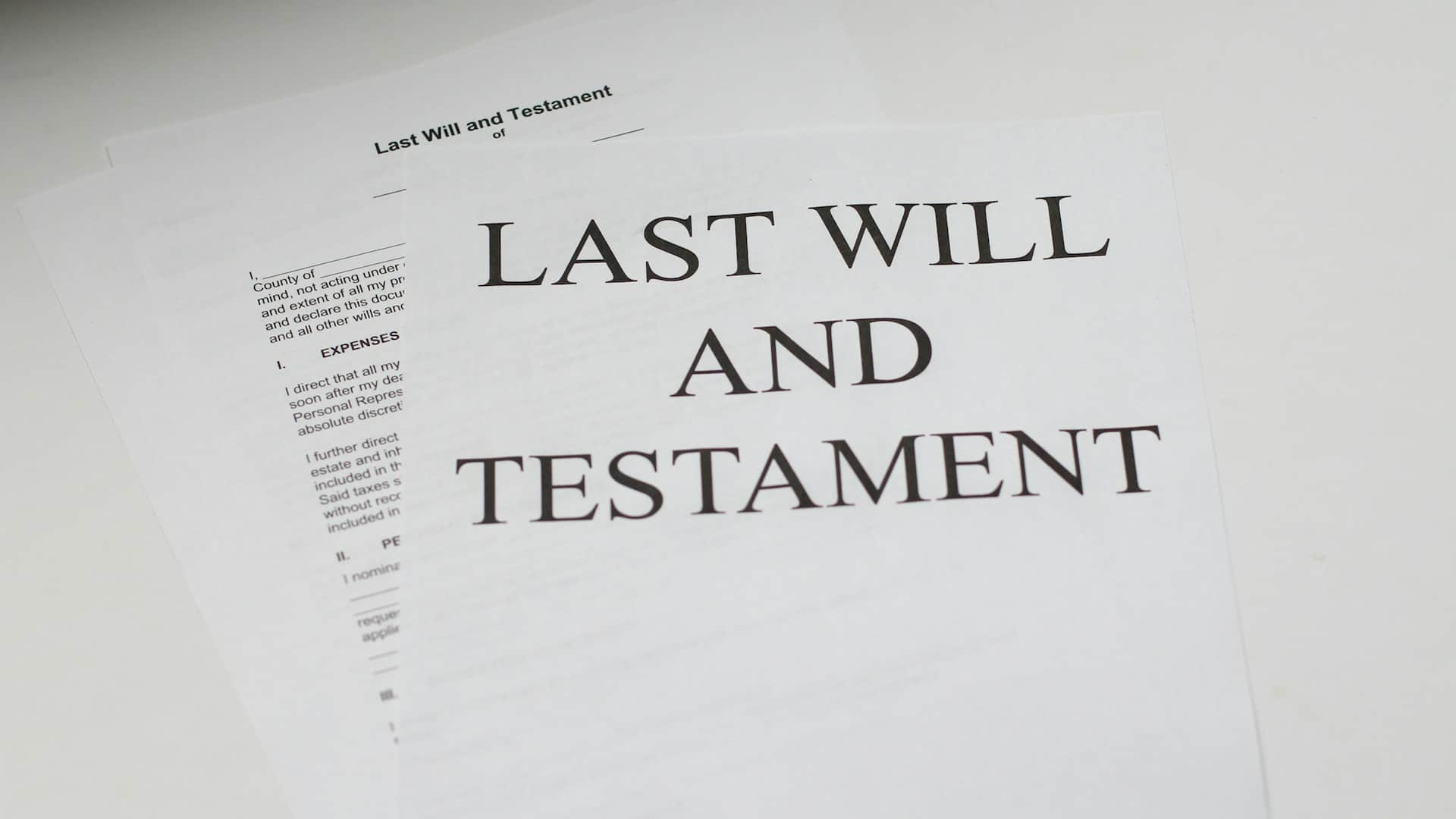
Writing a will is one of the most important steps you can take to protect your family and make sure your wishes are respected. Yet when it comes to writing a will, many people make common mistakes—like forgetting key details, using the wrong format, or not updating it after life changes. These errors can cause confusion, disputes, or even legal problems for your loved ones.
In this guide, we’ll walk through the 10 most common mistakes people make when writing a will and show you how to avoid them. With practical examples plus guidance on how Meolea can make the process easier, you’ll be ready to create a will that’s valid, clear, and stress-free.
1. Not Writing a Will at All
The biggest mistake is not having a will. Without one, local laws decide who inherits your assets, which often does not match your wishes.
In Germany and Austria, intestacy rules (gesetzliche Erbfolge) apply; in the US or UK, intestacy laws vary by state or region. In every case, your family may face unnecessary stress and delays. Writing a will ensures your voice is heard.
2. Using an Invalid Format
A will is only valid if it meets the legal requirements of your country.
For example, in Germany, a handwritten will must be entirely written and signed by hand. Typed versions without notarization are not valid. In the US or UK, typed wills are usually acceptable, but they must be signed and witnessed properly. Always check your country’s specific rules before finalizing your document.

3. Forgetting to Appoint an Executor
Your executor is the person responsible for carrying out your will.
Many people forget to name one—or pick someone unsuitable. Choose someone you trust who is capable of handling financial and legal matters. If you don’t, a court may appoint someone on your behalf, which may not reflect your wishes.
4. Being Too Vague in Instructions
Ambiguous wording can lead to disputes.
Instead of writing “I leave my jewelry to my children,” specify which item goes to which person. Clear instructions prevent conflicts and make life easier for your loved ones.
5. Not Updating the Will After Major Life Changes
Life changes—marriage, divorce, birth of children, moving abroad—should trigger a review of your will.
If you don’t update it, outdated instructions may apply. For example, in Germany, a divorce generally excludes your former spouse from inheritance, but in other countries you may need to update the will yourself. Review your will every few years to keep it current.

6. Overlooking Digital Assets
Your will isn’t just about physical property anymore.
Online accounts, digital photos, social media, and even cryptocurrencies need to be included. Without clear instructions, your family may lose access. With Meolea, you can store account details securely and ensure they’re passed on properly.
7. Ignoring International Assets
If you own property abroad, special rules apply.
For instance, a German citizen with a holiday home in Spain may need to consider both German inheritance law and Spanish property law. Without planning, inheritance can get complicated and costly. Seek legal advice if you have international ties.
8. Forgetting About Guardianship for Children
If you have children under 18, naming a guardian is essential.
Without this, a court will decide who takes care of them. Make your wishes clear in your will to avoid uncertainty and conflict among relatives.
9. Not Considering Taxes and Fees
Inheritance tax (Erbschaftssteuer) and probate fees vary widely between countries.
In Germany, children benefit from generous tax allowances, while in the UK inheritance tax applies above a certain threshold. Planning ahead helps minimize unnecessary costs, ensuring more of your estate goes to your loved ones.
10. Writing It Alone Without Guidance
DIY wills can be risky.
Templates found online may not comply with your country’s laws. While you don’t always need a lawyer, using a trusted tool like Meolea helps you follow the right structure, include the necessary details, and keep everything safe in one place.

How Meolea Helps
With Meolea, you can easily create, store, and update your will and other important documents online. By guiding you step-by-step, Meolea ensures you don’t miss critical details and helps keep everything legally sound. You can also connect trusted family members, manage digital assets, and update your documents anytime.
❤️ Don’t wait until it’s too late. Start today and give yourself and your family peace of mind.
Frequently Asked Questions about Writing a Will
Do I need a lawyer to write a will?
Not always. In many countries, you can write your own will if you follow the legal requirements. However, professional guidance ensures your wishes are fully respected.
Is a handwritten will valid?
In Germany and Austria, handwritten wills are valid if fully written and signed by hand. In the US or UK, typed wills are common but must be properly signed and witnessed.
How often should I update my will?
Review it every 3–5 years or after major life events such as marriage, divorce, moving abroad, or having children.
Can I include digital assets in my will?
Yes, and you should. Without instructions, your family may lose access to online accounts, photos, or cryptocurrencies.
What happens if I die without a will?
Your estate will be distributed according to local intestacy laws, which may not match your wishes. This often causes delays and conflicts.
Meolea makes End-of-Life Planning and Legacy Management super simple! In 5 minutes you can start making preparations and invite your family members.